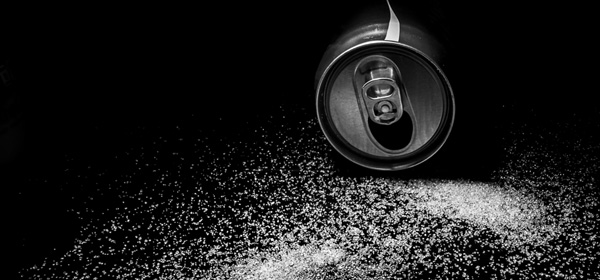When you are walking down the shopping aisle, selecting the sugar-free option seems like an easy, healthy choice.
Unfortunately, there may be a catch.
New research has discovered a link between artificial sweeteners, particularly those used in soft drinks, and an increased risk of dementia and stroke.
Boston University’s Department of Neurology scientists analysed health data from 2888 adults who had filled out diet surveys, and estimated their incidence of stroke or dementia over 10 years.
Compared with people who said they did not consume diet drinks, those who had at least one a day suffered three times more strokes, and were three times more likely to develop dementia.
The researchers did not find a link between drinking regular soft drinks and stroke or dementia.
Even when considering other factors such as gender, diet, smoking and physical activity, the study still found an increased risk in those who regularly consumed diet soft drinks.
While this research is concerning and may cause you to rethink your drinking options, it does not give an accurate reflection of current information relating to artificial sweeteners.
As the research looks at information on diet drinks from 10 years ago, the sweeteners still in use at the time included saccharin, acesulfame-K and aspartame.
Many modern soft drinks now use sucralose as an artificial sweetener, which is unlikely to have been included in this study.
While the subject still requires more research, when it comes to choosing between soft drinks you may be a lot better off moderating your intake and choosing the ultimate zero calorie drink – water.
Related articles:
Aussie Alzheimer’s breakthrough
Could cannabis stop brain rot?
What causes Alzheimer’s disease?

